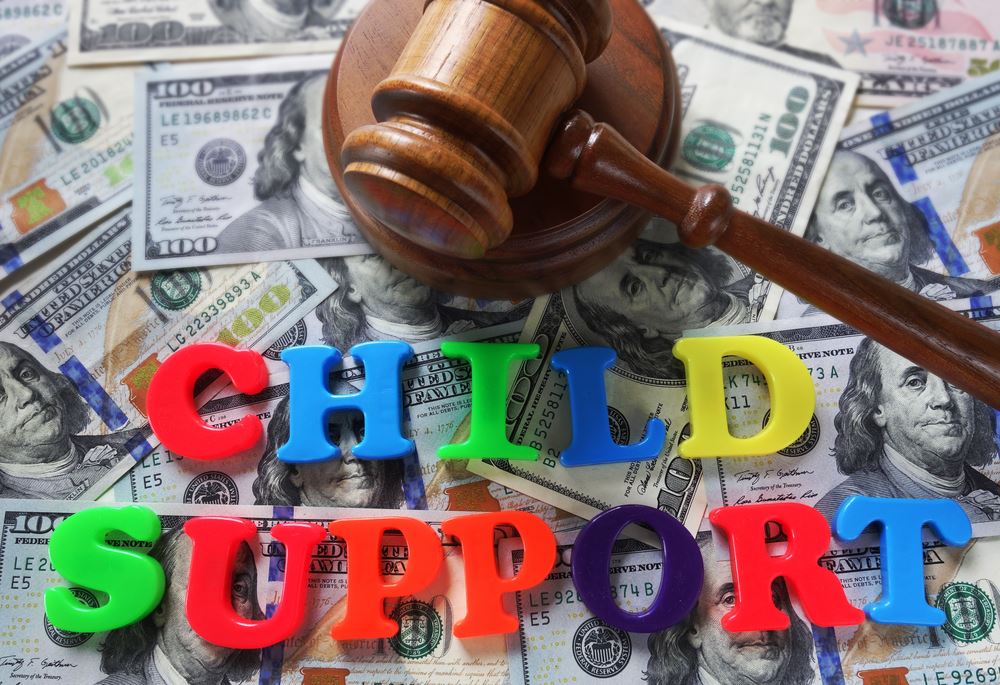Many states in the U.S. have laws that end child support obligations when a child turns 18, or longer if they are still enrolled in high school. New Jersey is among states that require child support to continue until the age of 19, and longer in certain situations.
If you have questions about child support obligations in New Jersey, contact the experienced attorneys at Lane & Lane, LLC to discuss the specifics of your case.
Child Support Age of Majority
The Senate and General Assembly in New Jersey changed the age of majority for child support effective Feb. 1, 2017. Instead of 18 years old, the age of majority is now 19. Unless an existing court order states otherwise, many child support obligations can automatically end at 19 without having to go to court or seek a modification.
Six months before the child turns 19, both parents will receive an official Notice of Proposed Child Support Obligation Termination from the state. The notice will include information on how to request an extension of child support or how to provide a copy of the court order that specifies when child support ends. The court order terminating support will also include support obligations for other minor children, if applicable.
The termination of child support does not absolve a parent who owes past-due child support to the other parent. Child support orders will be enforced for the arrears.
Child Support Ending Before the Age of 19
The new Termination of Child Support Law also made clear that child support can end before the age of 19 if the young person gets married or joins the military. Child support also ends if the child becomes emancipated from their parents.
Child Support Beyond the Age of 19
A custodial parent can ask for child support to be continued beyond the age of 19. The Probation Division of the Superior Court will review the request and supporting documentation/evidence before deciding whether child support should be extended.
Child support can generally continue after the age of 19 in the following circumstances:
- The child is enrolled in a high school or another secondary educational program
- The child is enrolled in college or another post-secondary educational program as a full-time student
- The child suffers from a mental or physical disability since before they were 19 and requires continued support
Child support cannot be extended beyond age 23 except in cases of mental or physical disability. Effective Dec. 1, 2020, the statute was amended to allow support to continue after the age of 23 if the court determines that the child remains financially dependent on their parents due to severe physical or mental incapacity.
Child Support for College Expenses
New Jersey favors requiring parents to contribute to their children’s college education. The marital settlement agreement that spells out the terms of the divorce usually includes how college will be handled when the child graduates from high school. When college isn’t addressed in the agreement, the matter can become before the court to consider.
The court will examine the following elements in determining college support:
- The amount needed for all college tuition and other expenses
- The parents’ income
- The child’s college goals
- The child’s ability to help pay for college and earn income
Each application for parents to contribute toward college is unique and decided on a case-by-case basis. Parents won’t necessarily be mandated to pay for 100% of college expenses. A child may choose to attend an expensive private school, but their parents are ordered to contribute the amount equal to tuition at a quality state school.
If a child is still in school after their 23rd birthday, the court can require financial maintenance to replace child support. Parents can be mandated to help pay for graduate or professional school.
Child Support Legal Guidance for Custodial and Non-Custodial Parents
Child support is a complex issue best guided by a lawyer with extensive experience. At Lane & Lane, LLC, we have more than six decades of experience in helping clients with a wide variety of divorce issues. Our detailed knowledge can assist parents, whether they are seeking to extend, end, or modify child support.
If you have questions about child support obligations, schedule a consultation with one of our experienced attorneys. Submit our online form or call us at (908) 259-6673 to get started.





